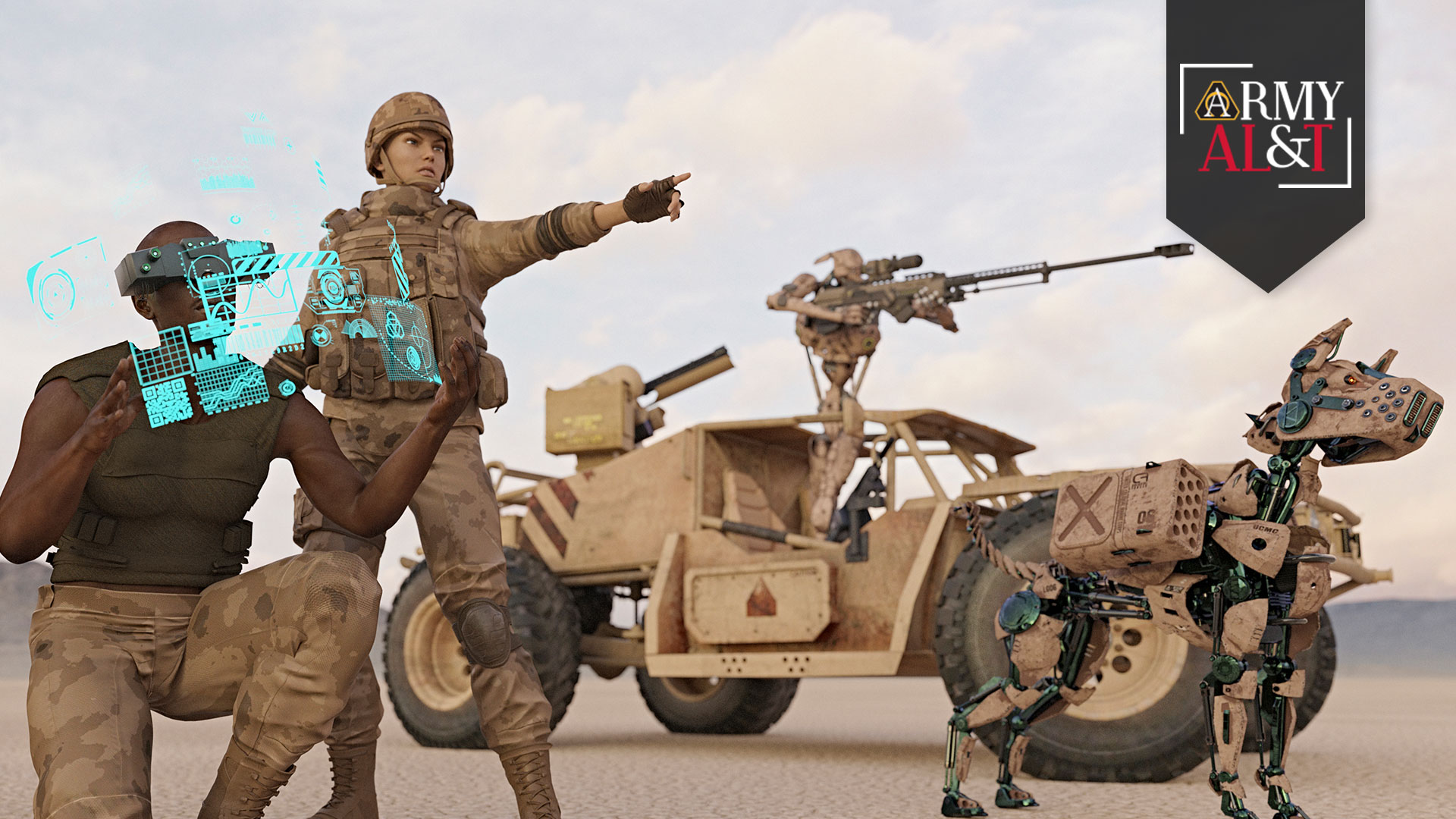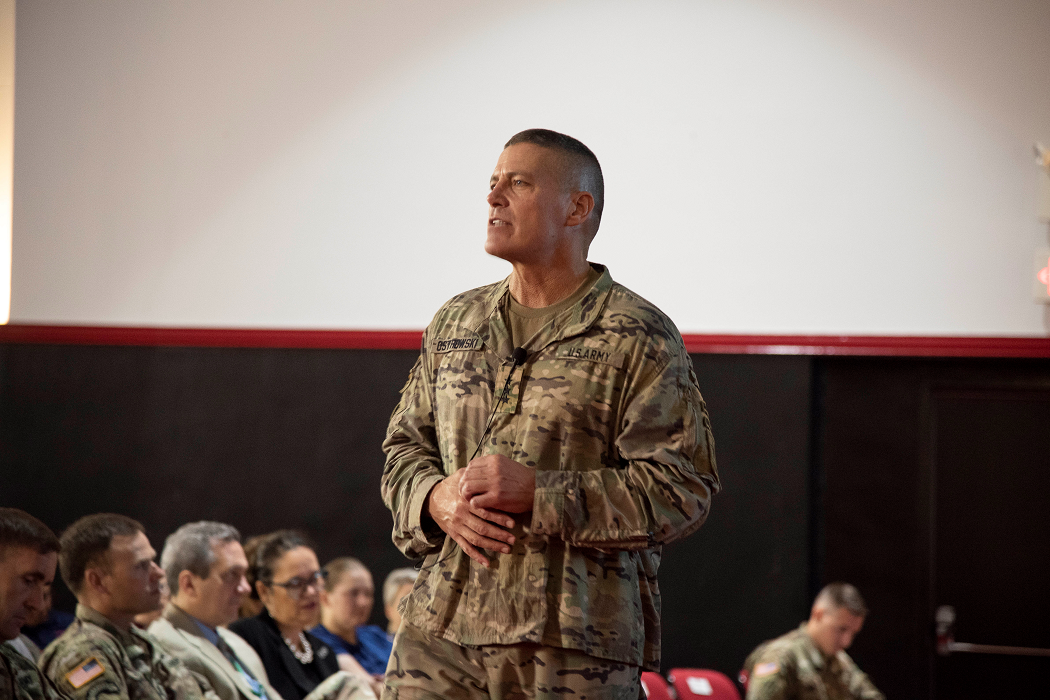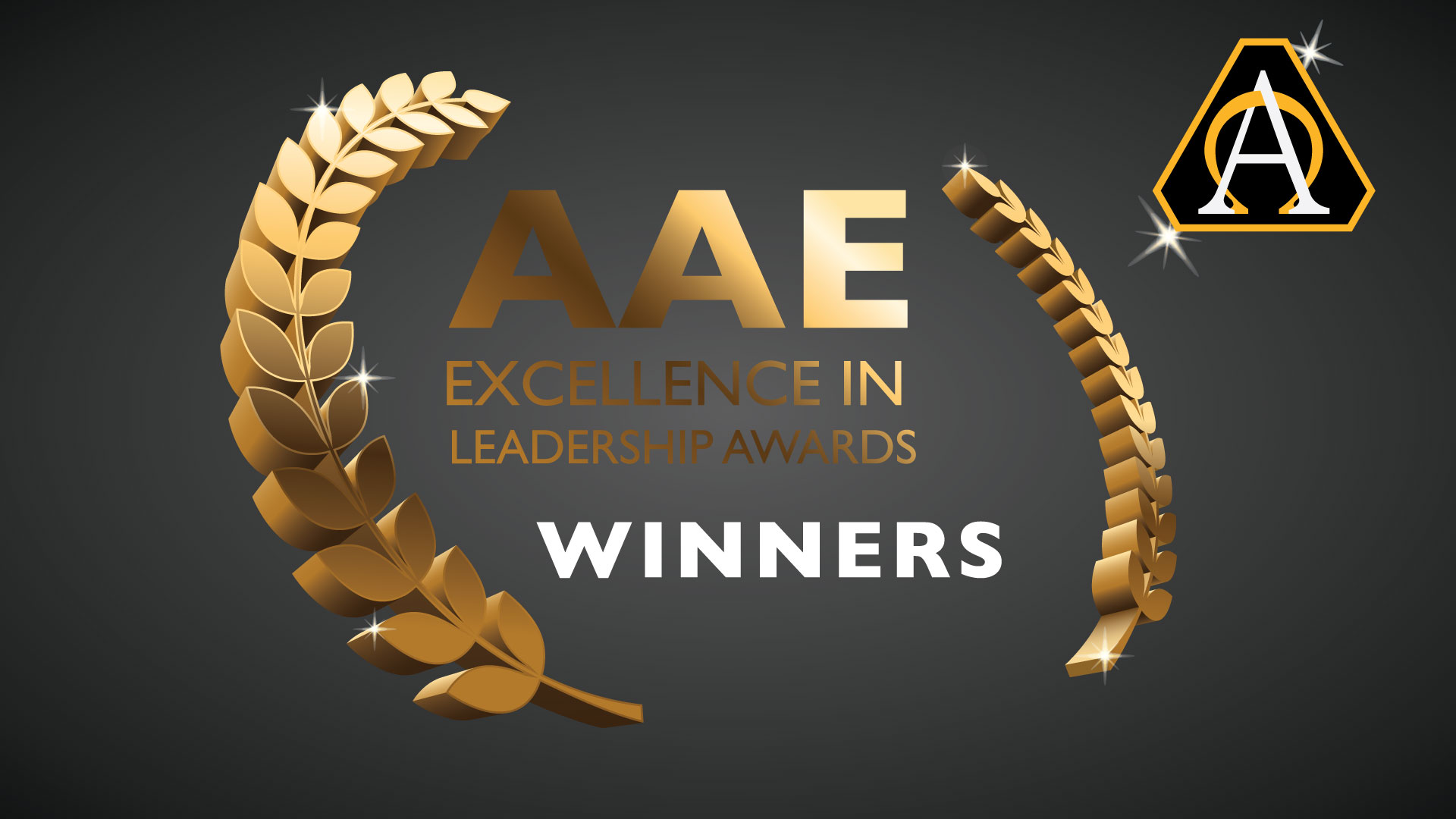As complex as its operations and motivations are, knowing how the commercial sector works is fundamental to being a skilled acquisition professional.
By Craig A. Spisak, Director of Acquisition Career Management
The acquisition profession is a complex business. It’s made up of highly competent professionals in 13 career fields ranging from contracting to engineering to test and evaluation to cost estimating. But it’s always important to understand that we don’t get from the point of “I think I need a piece of equipment or system that does A, B, C or D,” to Soldiers having that in the field without a whole lot of people playing in the process.
Although we have a tremendous amount of competence and capacity inside the Army’s acquisition system, the majority of kit and product is actually built by industry, our critical partner. One of the main ways we can ensure that we get from “I need something” to “I have something” is to understand all of the pieces of the mechanism that make that capability a reality. Industry is one of the main players.
Army acquisition professionals need to develop the skills and competency to understand how industry works—what its motivations are, what an appropriate profit margin is, how much overhead should cost, what challenges they are facing related to end-item or second-tier and third-tier suppliers, and how they source materials. The better we are in understanding that, the better we can not only provide quality products to Soldiers in the field but do so efficiently, effectively and affordably.
The key here in many cases is affordability. Industry is a commercial practice. Businesses are in it for profit. They deserve to be able to make a reasonable profit, but it’s also incumbent upon us as acquisition professionals to find ways to partner with them to incorporate newer technologies, obtain greater capabilities and get better deals. We need to make sure that we understand we’re not paying more than we should for those benefits.
IT’S ALL ABOUT THE HOW
Understanding industry is an absolutely critical element of being a solid acquisition professional, and there are many aspects to it:
How do companies develop their business strategies and operating plans?
How do they determine costs and prices for their products?
How do they find suppliers and subcontractors?
How are their senior executives provided incentives, motivations and rewards?
How do companies plan and prioritize investments and pursue government contracts?
How are key financial ratios used to measure a company’s financial health?
How do they employ different negotiating strategies?
To rapidly get a better, more affordable product to Soldiers who desperately need it today, we require a better understanding of what industry does and doesn’t provide, and what oversight is necessary.
A key component of understanding industry is making sure that we truly do partner with them. It’s clear that the decades-old philosophies that kept industry at arm’s length did not result in better outcomes for the Army. And yes, there are certain things that we must be careful to do to avoid the perception of impropriety, or impropriety itself. But we have to be good partners with industry. We have to invite members of industry to understand our business so that they can adequately address provisions that we put in our requirements documents. We want industry to understand what we in the Army do, and understanding them will help us do that as well.
That’s why we have a number of partnerships with industry in a variety of areas. This includes big contractors, our federally funded research and development centers, our work with universities, laboratories and industry associations and a number of efforts with small businesses.

TWI and Education with Industry (EWI) fellows attend an Amazon Web Services business conference in Tysons Corner, Virginia, on Sept. 27. From left are Maj. Chris Ehlers, Army operations research analyst and TWI fellow; Staff Sgt. Robert Staal, Air Force EWI fellow; Dalila Wortman, Amazon Web Services; and Maj. Desiree Dirige, Army acquisition TWI fellow. (Photo courtesy of Maj. Desiree Dirige)
COMMUNICATION AND CREATIVITY
As we work with industry, especially with nontraditional contractors, we need to be as creative as possible. Not everything has to be a long, drawn-out buy of a major acquisition system through traditional processes. We need to use underutilized acquisition approaches such as the rapid prototyping and rapid fielding made possible under Section 804 of the National Defense Authorization Act for Fiscal Year 2016 and other transaction authority, which provides more efficient acquisition of prototype systems involving nontraditional defense contractors.
We also need to be sensitive to intellectual property rights. We have to understand how industry views intellectual property in order to be able to buy what’s appropriate. We need to communicate about equipment and engineering capabilities that come from a company’s independent research and development that we hadn’t even envisioned. The vast majority of creative engineering development takes place in private industry, and quite a bit of that takes place in innovative small businesses.
We need to do a better job of conveying our system and process to them, breaking down the barriers for small businesses to work with DOD. How can we creatively find the technological solution to the problem-after-the-next if we haven’t made a solid effort to have that clear line of communication and break down the barriers to competition from all facets of industry, big defense contractors as well as small business?
All of that is an important part of the clear dialogue and communication that has to take place. In order to do that for a number of our professionals, we have programs like Training with Industry (TWI), which helps build that competency inside our force. After working with industry, Army acquisition professionals can return to the organizations they work for and explain to those around them who may not have had the opportunity to go spend a year with industry what they learned, sharing that experience with them.
This year DOD has a pilot program, the Industry Exchange Program, which will not only place high-performing, midcareer civilians in industry, but also will bring industry participants to work inside of our organizations. The program will allow DOD civilians and private sector participants to gain a better understanding of each other’s business operations and challenges, while sharing innovative and cost-saving practices. Naturally, we will be careful to make sure that any areas that might cause a conflict of interest are addressed ahead of time so that we don’t give any unfair advantages or provide any type of inappropriate access. Deloitte, Unisys, Northrop Grumman, Boeing, Lockheed Martin, General Motors, Jacobs, Guidehouse (formerly PricewaterhouseCoopers Public Sector), Booz Allen Hamilton and Raytheon have agreed to host DOD exchange participants in this pilot.
I think the more open we are with businesses about our processes and challenges, the more open they will be. I’ve typically found industry to be very willing to explain what they do and why they do it. There are many opportunities for the Army and industry to find better ways of doing business together to provide the best products to Soldiers in the field. I suggest every reader do what they can to foster this important government-industry partnership.

















